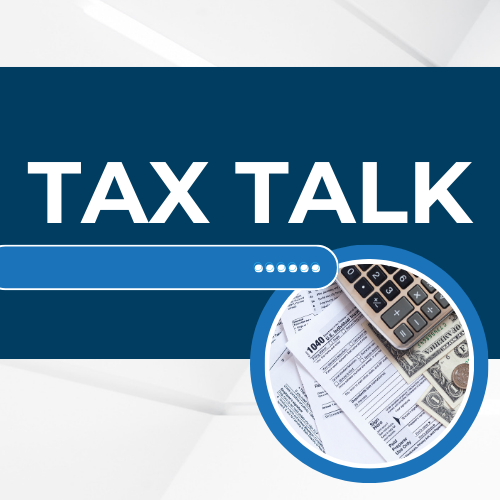The Ins and Outs of Filing an Extension
Don't let analysis paralysis prevent you from filing an accurate return: file an extension!

Tax season is upon us once again, and for many small business owners, it can be a time of stress and uncertainty. With deadlines looming and paperwork piling up, it's easy to feel overwhelmed. However, if you find yourself needing more time to get your tax affairs in order, filing an extension can provide the breathing room you need. We're happy to guide you through the process of filing an extension and help alleviate some of that tax season anxiety.
Understanding the Basics
First things first, let's clarify what exactly filing an extension means. An extension grants you additional time to file your tax return, typically up to six months beyond the original due date. For most small businesses, the deadline to file taxes falls on April 15th. By filing an extension, you can push this deadline back to October 15th, giving you more time to gather necessary documents, review your financial records, and ensure accuracy in your tax filing.
When to Consider Filing an Extension
Filing an extension may be a prudent choice under certain circumstances. If you're facing unexpected challenges such as a sudden illness, loss of important records, or significant changes in your business operations, an extension can provide the flexibility needed to navigate these obstacles effectively. Additionally, if you anticipate needing more time to compile complex financial information or are awaiting crucial documents from third parties, an extension can give you the extra time you need to complete your tax return accurately.
How to File an Extension
Filing an extension is a relatively straightforward process, but it's essential to do so correctly to avoid any penalties or complications down the line. The most common way to request an extension is by filing IRS Form 4868, Application for Automatic Extension of Time to File U.S. Individual Income Tax Return. For small businesses structured as partnerships or corporations, IRS Form 7004 is used to request an extension, which were due on March 15.
Important Considerations
While filing an extension can provide much-needed relief during tax season, there are a few important considerations to keep in mind:
- Extension of Time to File vs. Extension of Time to Pay: It's crucial to distinguish between an extension of time to file and an extension of time to pay. While an extension grants you more time to file your tax return, it does not extend the deadline for paying any taxes owed. If you anticipate owing taxes, it's important to estimate your tax liability accurately and make a payment by the original due date to avoid penalties and interest.
- Maintain Communication: If you're unable to file your tax return by the original deadline, it's essential to communicate with the IRS and keep them informed of your situation. Filing an extension demonstrates your intent to comply with tax laws and can help mitigate any potential penalties or misunderstandings.
- Stay Organized: While an extension provides extra time, it's not a license to procrastinate. Use this time wisely to organize your financial records, gather necessary documentation, and prepare your tax return thoroughly. Maintaining good record-keeping practices throughout the year can help streamline the tax filing process and minimize stress during tax season.
Filing an extension can be a valuable tool for small business owners facing time constraints or unexpected challenges during tax season. By understanding the basics of filing an extension and following the proper procedures, you can navigate tax season with confidence and ensure compliance with IRS regulations. As always, consulting with a qualified accountant or tax professional can provide personalized guidance tailored to your specific circumstances. So, don't let tax season stress get the best of you—consider filing an extension and give yourself the time you need to file your taxes accurately and efficiently.
Quick Links
Contact Information
Business Hours
- Mon - Fri
- -
- Sat - Sun
- Closed















